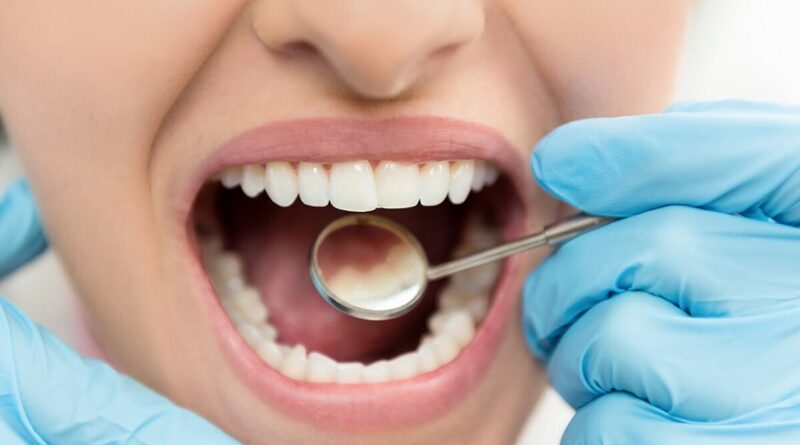Unveiling the Art of Bad Breath Treatment: Tips and Tricks From Expert Dentists
Bad breath, medically known as halitosis, is a common concern that affects millions of people worldwide. It can be embarrassing and socially isolating, leading many individuals to seek effective bad breath treatment solutions. If you’ve been searching for “bad breath treatment near me” you’re not alone. In this blog, we will delve into the topic of bad breath treatment, exploring tips and tricks from expert dentists to help you regain confidence in your oral hygiene.
The Importance of Seeking Professional Help
While there are various over-the-counter products that claim to combat bad breath, it’s crucial to consult with a qualified dentist for an accurate diagnosis and personalized treatment plan. A bad breath treatment dentist possesses the expertise to identify the root cause of your halitosis and recommend targeted solutions.
Common Causes of Bad Breath
Understanding the underlying causes of bad breath is essential for effective treatment. Some common culprits include:
Poor Oral Hygiene: Bacteria in the mouth can produce sulfur compounds, leading to unpleasant odors. Regular brushing, flossing, and tongue cleaning are fundamental for maintaining good oral hygiene.
Gum Disease: Periodontal issues can contribute to bad breath. A bad breath treatment dentist can assess your gum health and recommend appropriate interventions.
Dry Mouth: Saliva plays a crucial role in neutralizing acids and cleansing the mouth. Dry mouth, often caused by certain medications or medical conditions, can contribute to bad breath.
Diet: Certain foods, such as garlic and onions, contain volatile compounds that can lead to bad breath. A bad breath doctor can provide dietary guidance to minimize these effects.
Tobacco Use: Smoking and tobacco products can not only stain teeth but also contribute to persistent bad breath. Quitting tobacco is a crucial step in achieving long-term oral health.
Tips for Effective Bad Breath Treatment
Maintain a Rigorous Oral Care Routine:
- Brush your teeth at least twice a day using fluoride toothpaste.
- Floss daily to remove plaque and debris between teeth.
- Use an antimicrobial mouthwash to kill bacteria and freshen breath.
Regular Dental Checkups:
- Schedule routine dental appointments for professional cleanings and examinations.
- A bad breath treatment dentist can identify and address oral health issues early on.
Stay Hydrated:
- Drink plenty of water to prevent dry mouth and promote saliva production.
Watch Your Diet:
- Limit the consumption of foods known to cause bad breath.
- Include crunchy fruits and vegetables that stimulate saliva production.
Quit Smoking:
- Seek support to quit smoking and tobacco use for improved overall health and fresher breath.
Sugar-Free Gum and Mints:
- Chewing sugar-free gum or sucking on sugar-free mints can stimulate saliva flow and temporarily mask bad breath.
Tongue Cleaning:
- Use a tongue scraper or brush to clean the surface of your tongue, where bacteria can accumulate.
Consider Professional Treatments:
- In some cases, a bad breath doctor may recommend professional treatments, such as antimicrobial rinses or prescription medications.
Seeking Bad Breath Treatment Nearby
If you’ve been diligently following these tips and still experience persistent bad breath, it’s time to search for “bad breath doctor near me” or “bad breath treatment dentist near me” and consult with a qualified professional. A bad breath treatment dentist can conduct a comprehensive assessment, identify any underlying issues, and tailor a treatment plan to address your specific needs.
In conclusion, bad breath is a common concern, but with the right approach, it can be effectively treated. By maintaining good oral hygiene practices, addressing underlying causes, and seeking guidance from a bad breath doctor, you can achieve fresh breath and renewed confidence in your overall oral health. Remember, the key to success lies not just in treating the symptoms but in understanding and addressing the root causes of bad breath.

